REPORT OF THE COMMITTEE ON ROADMAP FOR FISCAL CONSOLIDATION
Press release, dated 3-9-2012
Recommendations on Tax Measures
A. On Direct Taxes
1. The Direct Taxes Code Bill, 2010 which intends to revamp the law relating to direct taxes is likely to result in considerable unacceptable losses on a continuing basis. Given the low tax-GDP ratio and the existing fiscal crisis, there is absolutely no fiscal space for such large revenue loss. Therefore, the Direct Taxes Code Bill, 2010 should be comprehensively reviewed before it is enacted into law for implementation.
2. It is now well recognized that tax administration is tax policy. The tax administration needs to enhance its ability to effectively detect and penalize non-compliance and provide quality taxpayer services to promote voluntary compliance. Since 2004, the Income Tax Department has been electronically obtaining a large volume of information from third-parties through the Tax Information Network and Annual Information Returns. Further, the electronic reporting of information relating to tax payments and tax deduction at source (TDS) was also introduced to facilitate error free digitization of tax related information. These initiatives created a perception of enhanced ability of the ability of the Department to detect non-compliance resulting in improved compliance. Overtime, there is a growing perception that the tax administration is unable to harness the large volume of information collected by it since it lacks data mining skills. Further, the scope of AIR in terms of its coverage has remained frozen since it was first introduced in 2004. Taxpayers have found new methods and avenues for parking there undisclosed income to escape detection. Similarly, the Department is better equipped to detect non-compliance with the provisions of TDS, advance tax and self-assessment tax since the reporting system (both by third parties and self) is largely computerized. However, there are several gaps in the administrative procedure for collection and reporting of TDS thereby undermining the efficiency of the tax administration both in terms of enforcement and taxpayers’ services. Accordingly, the following measures are recommended to improve efficiency of the tax administration:-
a. Establish a data-warehousing and data-mining infrastructure within the tax administration and build capacity for undertaking data mining and taxpayer profiling. The tax administration should introduce one-year intensive and mandatory induction training in data-mining for all direct recruit inspectors and Assistant Commissioners. The training could be organized in co-operation with large IT companies. The programme should gradually be extended to in-service Inspectors and Assistant and Deputy Commissioners.
b. Modernize the outdated and ineffective scrutiny and investigation processes by shifting from the current system of carrying out a post¬mortem after two years to real-time verification of transactions reported under TDS, AIR and STRs sent by the Financial Intelligence Unit (FIU).
c. A large volume of data continues to be collected by the Central Information Branch. The problems associated with this method of collection are well-documented in the various reports on tax reforms by various expert committees in the past. This system should be fully-integrated with the AIR to facilitate cross-verification. The CIB should be assigned the responsibility of managing the composite data-base and undertaking verification.
d. The requirement of obtaining PAN is mandatory for taxpayers and those undertaking specific transactions. Therefore, a large number section of the population remained outside the scope of PAN. This has adversely affected the quality of information received and therefore, the efficacy of TIN. Accordingly, the law should be amended to provide quoting of PAN or the UID in all economic transactions including bank accounts, fixed deposits with banks, all financial transactions, all salary payments and all immoveable property transactions. This requirement should be mandatory irrespective of –
i. the amount/level of transaction so as to prevent splitting of transaction; and
ii. whether the person is liable to tax or not.
e. Undertake reconciliation of the ITR and TDS database for-
i. expanding and deepening of the tax base; and
ii. Identifying those deductors who have issued TDS certificates to deductees but have failed to report the deduction and also failed to remit the amount to the Central Government. Enforce collection of such unpaid amount.
f. Undertake data-mining of ITRs and TDS returns to-
i. identify all deductors who have claimed to have deducted the tax but have failed to remit the same to the account of the Central Government. Enforce collection of such unpaid amount; and
ii. identify all taxpayers who have failed to pay to self-assessment tax and enforce immediate collection;
g. Since there is no interest liability if the shortfall is less than 10 percent of the total liability, there is a tendency to defer payment of advance tax. This tendency is more pronounced when the cost of borrowing is high. In order to discourage taxpayers from deferring payment of advance tax, identify all cases where self-assessment tax has been paid or payable and take steps to prevent deferment of advance tax.
h. Amend the provisions of all tax laws to charge interest at rates which reflects the market rate of interest to the defaulters and a penalty for such default (See Note 4 below);
i. TDS administration should be re-engineered to optimize efficiency and minimize leakages. In this regard, a notification no S.O. 858 (E) dated 25th March, 2009 streamlining the compliance management of TDS was issued but later withdrawn since the tax administration was not prepared to implement. Since more than three years have elapsed, the notification should be re-issued;
j. The Income Tax Department should immediately set-up a separate Directorate of Risk Management for designing a robust risk management system which will improve the efficiency of the tax administration and enhance transparency;
k. Non-issue of refunds is a constant source of grievance for taxpayers. When tax administration issues refund, it inspires taxpayers’ confidence in the tax administration. Taxpayers err on the side of revenue and pay excess tax. This has a positive effect on compliance. Therefore, all pending refunds should be issued at the earliest. This will also improve liquidity of taxpayers and reduce their dependence on market borrowings at a relatively high interest rate.
l. Another source of constant grievance relates to failure of the tax administration to carry out rectifications and appeal effect. The Department should create a national portal to enable taxpayers to file applications seeking rectifications and appeal effect. This will enable the management in the tax administration to monitor progress in the disposal of such applications.
m. A 360 degree profile of all taxpaying individuals and institutions should be created to help decrease tax evasion and tax fraud. This profile should also draw information from the AIR, TDS and other databases of the Income tax Department.
n. Online verification of PAN could be made mandatory for all high value transactions, in order to reduce black money transactions.
4 For example, the market rate of interest for defaulting companies is generally as high as 18 percent to 20 percent. If we assume a penal component of 4 percent, the interest rate for default in payment of tax should be in the range of 22 percent to 24 percent.
B. On Indirect Taxes
1. The Union Excise Duties (UED) and Service Tax (ST) must be reformed so as to be in a state of preparedness for smooth integration of these levies into the Goods and Services Tax. The standard rate of 12 percent should be progressively reduced to align with the GST rate of 8 percent proposed for the Central GST. This will send out positive signals regarding Government’s commitment to introduce GST.
2. The list of commodities subject to UED at a lower rate of 6 percent should be comprehensively reviewed to restrict it to merit goods. The rate of tax in the case of all other goods should be increased to the standard rate. Similarly, list of all commodities liable to tax at rates lower than 6 percent should also be reviewed to restrict it to merit goods.
3. The negative list of services introduced in the Union Budget, 2012 should be reviewed for further pruning. For example, there is no case for exempting non profit organizations from the Service Tax levy. Similarly, exempting infrastructure projects from the levy implies that the tax on inputs is embedded into the cost of the infrastructure resulting in higher project cost. Further, even where exemption from UED and ST is justified, as a general rule, the supplier of goods and services should have the option to opt into the system.
4. The exemption granted to railways for transportation of goods and passengers (of higher class) is valid upto 30.09.2012. This exemption should not be extended beyond this date.
5. CBEC should put in place a robust information system to increase the deterrence level and the cost of evasion. Since both Union Excise Duties and Service Tax are VAT-type, the information system should provide for a mechanism for cross-verification of all claims for input-tax credit. At present, such a mechanism does not exist. As a result, the ability of the Excise Department to detect fraudulent claims is severely undermined. Under the Kerala VAT regime the dealer must electronically provide invoice-wise details of all sales to, and purchases from, registered dealers. This enables the Department to cross-verify every claim for input tax credit and identify mismatches for further investigation. A similar model for verification of TDS already exists in the Income Tax Department. Therefore, CBEC should also develop a similar model for comprehensive cross-verification of claims for input tax credit. This will significantly improve the economics of non-compliance in favour of the tax administration. Further, this should be implemented immediately and need to wait till the introduction of the GST.
6. Effort should be made to expedite the implementation of the Goods and Services Tax as recommended by the Thirteenth Finance Commission (TFC).This will enhance output, exports and tax revenues. Even though the roll-out of GST from 1st April, 2013 does not appear to be feasible, the passage of the pending Constitutional Amendment relating to introduction of GST in the Winter Session of the Parliament would send out very strong signal to trade and industry about Government’s serious intent to move forward on this issue.
Download – REPORT OF THE COMMITTEE ON ROADMAP FOR FISCAL CONSOLIDATION







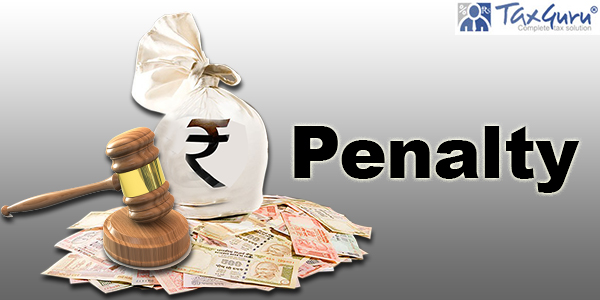



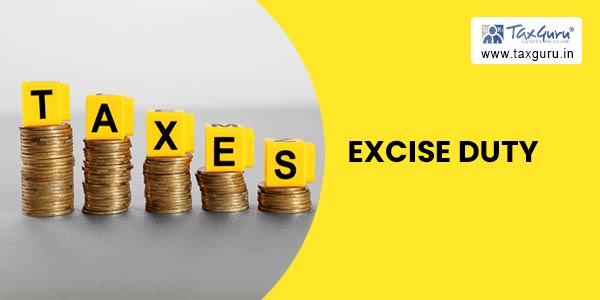



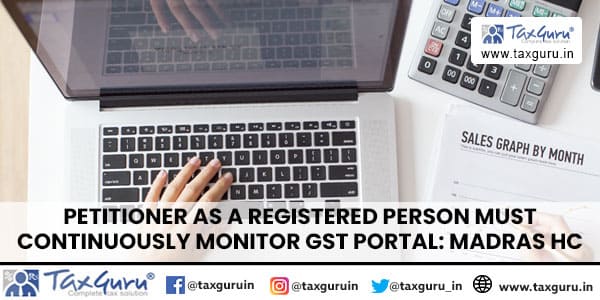
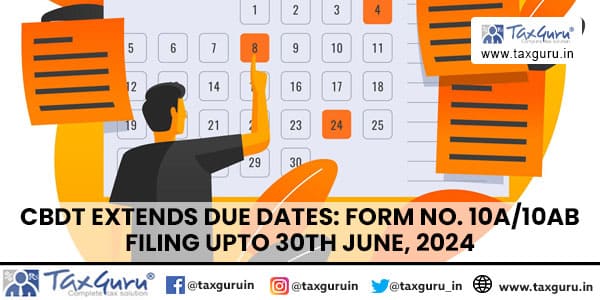




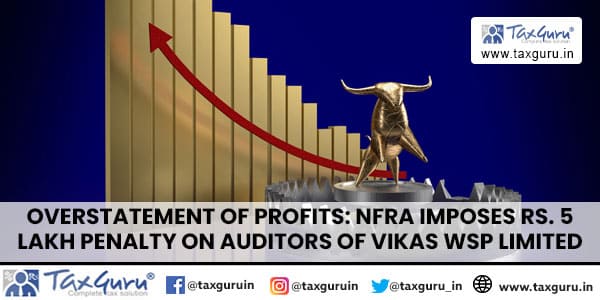
TDS deduction is done by the banks,other authorities when the payment is more than 10,000/= but when it is not reflected in 26aS form, there is nobody to penalises the concerned entity who deducted the TDS.It must be the responsibility of the concerned deductee to see that it is reflected in the FORM 26AS.
May be the Govt departments are made accountable for their lapses.
I have no detailed knowledge about computer and its programme that how to use and how to set. I request you to please send me free Daily Updates via-e mail on Income Tax, Service tax, Excise and corporate law.
Thanks and if any type of problem is created by me please forgive me.
Yours sincerly,
RAMESH GANDHI
9967287101/9819987101